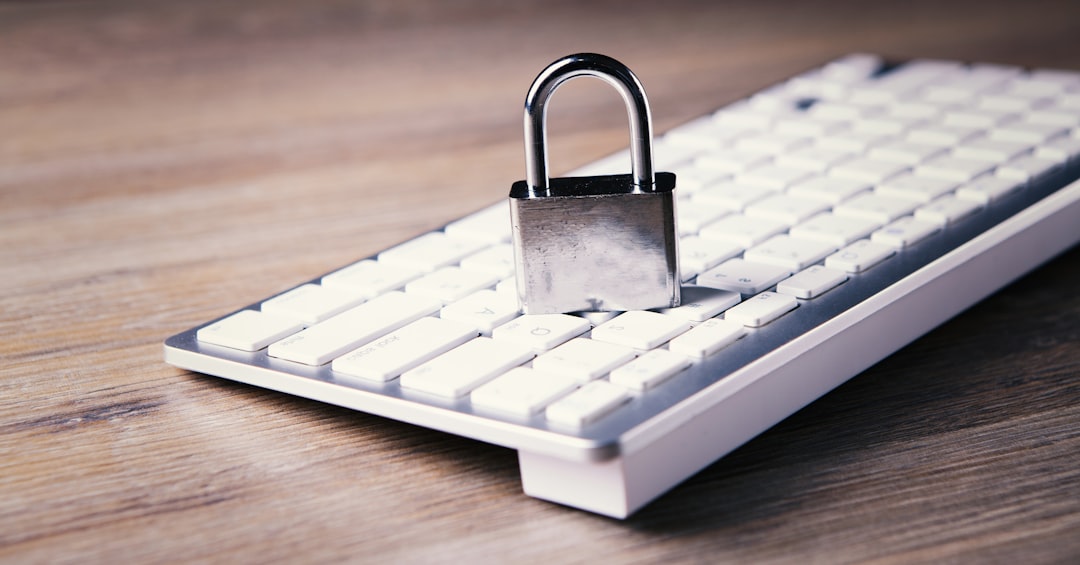In our increasingly digital world, cyber security is no longer just the concern of IT departments or tech professionals. The truth is, cyber security is everyone’s responsibility. As cyber threats grow in both sophistication and frequency, the line between personal and professional cyber safety is becoming less distinct. Whether you’re a business owner, employee, student, or retiree, the decisions you make online can have huge implications—both for yourself and others.
Far too often, people assume that protecting sensitive data or preventing cyber threats is a job for the “tech people.” But in reality, the weakest link in any cyber security chain is often the individual user. Human error remains one of the most common causes of data breaches and security incidents. Something as seemingly harmless as clicking on a suspicious link, using a weak password, or ignoring software updates can open the door to harmful cyber attacks.
Why You Matter in the Cyber Security Landscape
Every single internet user handles data in some form—whether it’s logging into social media accounts, accessing online banking portals, or working with confidential customer information at work. That means:
- You are a target. Cyber attackers don’t discriminate. Anyone with access to valuable data—personal or professional—can be a victim.
- Your actions have consequences. In a business setting, one compromised account could jeopardize an entire organization’s network. At home, a security lapse can lead to identity theft or financial fraud.
- You can be a defense. A well-informed and cautious user can act as a first line of defense against many common threats like phishing, ransomware, and malware.
Common Mistakes Users Make
Understanding the role individuals play in cyber security begins by acknowledging common mistakes. Here are a few everyday errors that can open the door to cyber threats:
- Using weak or repeated passwords across multiple sites.
- Clicking on suspicious email links or downloading unverified attachments.
- Ignoring software and system updates, which often contain critical security patches.
- Sharing too much personal information on social media, which can be exploited for social engineering attacks.
These actions may seem insignificant at the moment but can have far-reaching consequences. Recognizing these pitfalls is the first step toward a more secure digital environment.
Best Practices Everyone Should Follow
Creating a culture of security awareness starts with each individual committing to basic best practices. Consider incorporating the following habits into your digital routine:
- Use strong, unique passwords for all your accounts, and utilize a password manager.
- Enable multi-factor authentication wherever possible to add an extra layer of security.
- Think before clicking — avoid unsolicited emails, pop-ups, or offers that look too good to be true.
- Update regularly — keep your devices and software up to date with the latest security patches.
- Back up your data often to reduce the risk of loss in case of a cyber attack.

Creating a Culture of Cyber Awareness
In the workplace, fostering a security-conscious culture means providing regular training, encouraging open communication about threats, and holding everyone accountable for digital health. For families, it means educating children and elders about safe internet usage and leading by example. Communities, schools, and organizations all play a role in raising awareness and minimizing risk.
Cyber security should be approached like public health—when one person is infected, others may be affected. A breach in one system can echo through networks and even countries. If we all take shared responsibility, we strengthen the collective defenses against cyber threats.
Conclusion
Cyber security is not just a technical issue—it’s a human one. Every click, every password, and every decision you make online has the potential to either increase or reduce security. In this interconnected world, your vigilance doesn’t just protect you—it protects us all.
By adopting safe practices and staying informed, we not only safeguard our own information but also contribute to a safer digital environment for everyone. Because ultimately, cyber security is everyone’s responsibility.
